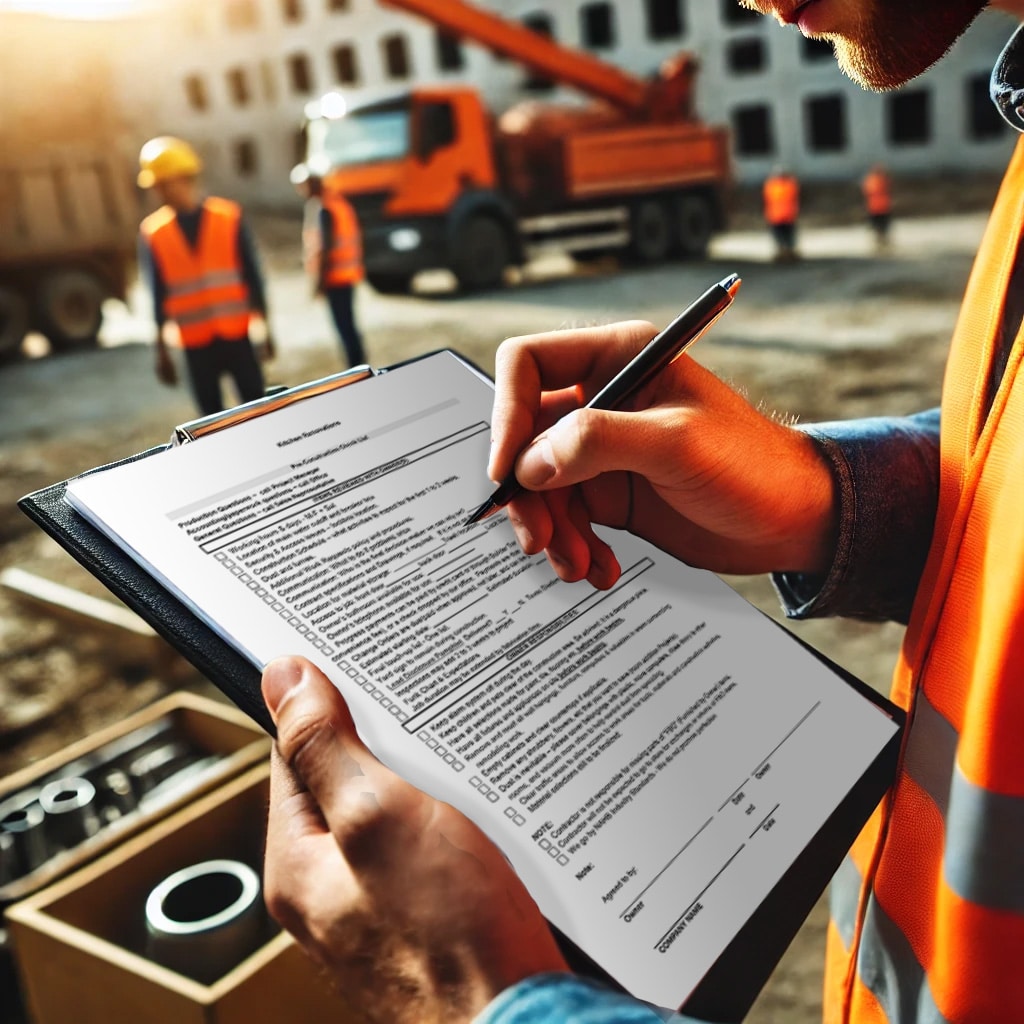The Importance of Preconstruction Planning in Commercial Projects
In the world of commercial construction, success is often determined long before the first brick is laid. Preconstruction planning is a critical phase that lays the groundwork for every aspect of a project, from budgeting to scheduling and logistics. This stage allows for the identification of potential challenges, the establishment of clear goals, and the alignment of all stakeholders.
Why It Matters:
-
Cost Control: Early budgeting and cost estimation prevent financial surprises down the line. By meticulously planning resources and materials, the project can stay within its financial constraints.
-
Risk Mitigation: Identifying potential issues before construction begins can save time and money. This includes everything from environmental concerns to site access problems.
-
Efficient Resource Management: Proper planning ensures that materials, labor, and equipment are available when needed, minimizing downtime and avoiding costly delays.
Key Elements of Preconstruction Planning:
- Site Analysis: Evaluating the construction site for any geographical, environmental, or legal issues that could impact the project.
- Design Development: Collaborating with architects and engineers to refine the project design, ensuring it meets all necessary codes and regulations.
- Project Scheduling: Developing a detailed timeline that outlines each phase of construction, helping to keep the project on track.
The Takeaway: Investing time and resources into preconstruction planning is essential for the successful execution of commercial construction projects. It sets the stage for smooth operations, on-time delivery, and cost efficiency.

In the world of commercial construction, success is often determined long before the first brick is laid. Preconstruction planning is a critical phase that lays the groundwork for every aspect of a project, from budgeting to scheduling and logistics. This stage allows for the identification of potential challenges, the establishment of clear goals, and the alignment of all stakeholders.

Why It Matters:
-
Cost Control: Early budgeting and cost estimation prevent financial surprises down the line. By meticulously planning resources and materials, the project can stay within its financial constraints.
-
Risk Mitigation: Identifying potential issues before construction begins can save time and money. This includes everything from environmental concerns to site access problems.
-
Efficient Resource Management: Proper planning ensures that materials, labor, and equipment are available when needed, minimizing downtime and avoiding costly delays.
Key Elements of Preconstruction Planning:
- Site Analysis: Evaluating the construction site for any geographical, environmental, or legal issues that could impact the project.
- Design Development: Collaborating with architects and engineers to refine the project design, ensuring it meets all necessary codes and regulations.
- Project Scheduling: Developing a detailed timeline that outlines each phase of construction, helping to keep the project on track.
The Takeaway: Investing time and resources into preconstruction planning is essential for the successful execution of commercial construction projects. It sets the stage for smooth operations, on-time delivery, and cost efficiency.

